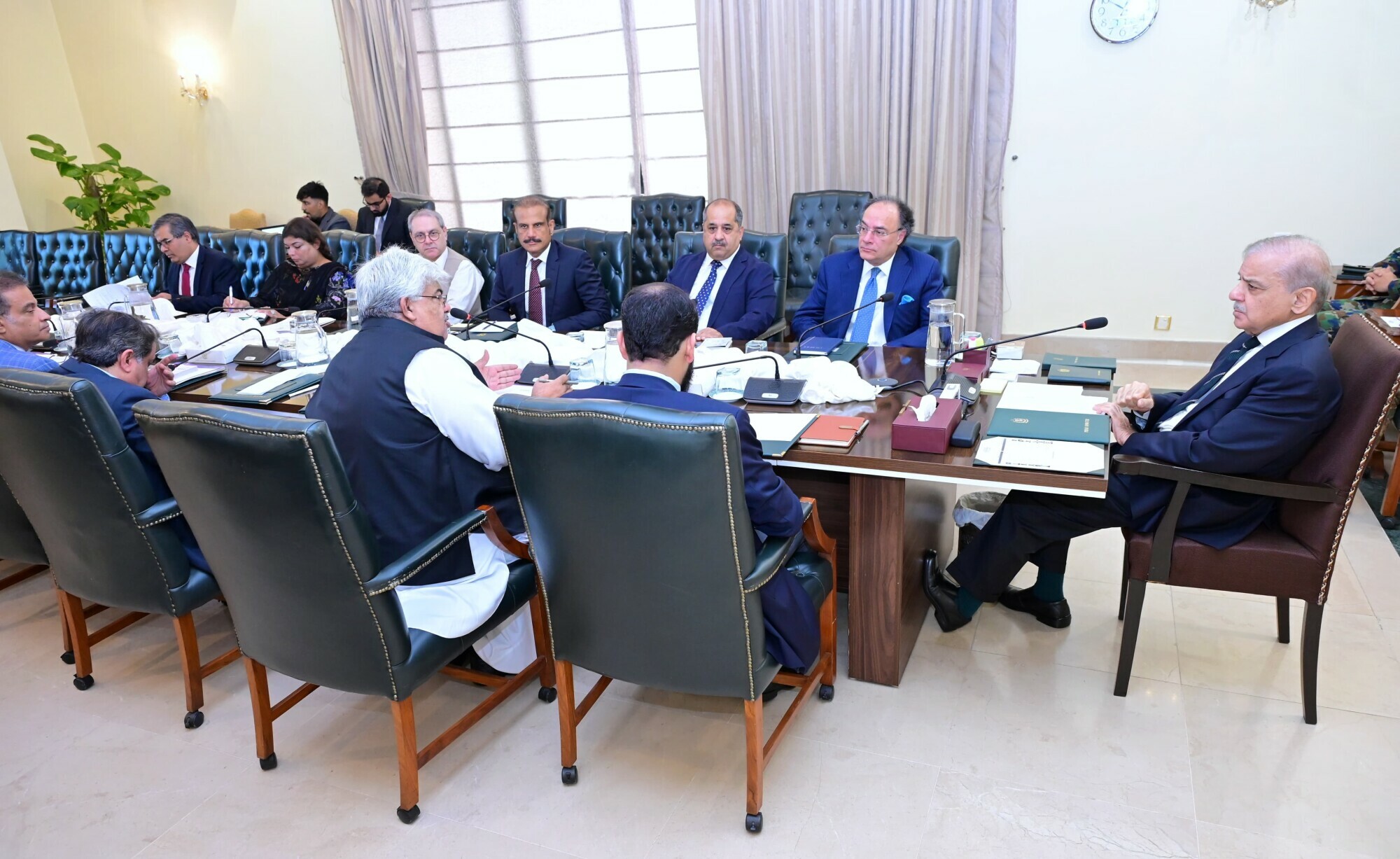
Pakistan Launches First AI-Based Customs System to Modernize Trade
Pakistan has taken a significant step towards modernizing its trade processes by introducing the country's first AI-based Customs Clearance and Risk Management System (RMS). This initiative, launched under the direction of Prime Minister Shehbaz Sharif, aims to streamline import and export operations while minimizing human intervention. The system leverages artificial intelligence and automated bots to evaluate the cost, type, and risk level of goods crossing the border.
The RMS has already shown impressive results during its initial testing phase. It improved operational performance by over 92%, enabled the clearance of 2.5 times more shipments through the green channel, and flagged 83% more goods declarations for tax collection. These improvements are attributed to the system’s use of machine learning, which allows it to continuously refine its risk assessments and enhance customs efficiency with every transaction.
Prime Minister Shehbaz Sharif has highlighted the importance of automating tax and customs processes as a key government priority. He commended the teams responsible for developing the RMS and emphasized the need for continued integration and maintenance of the system to ensure long-term success. According to the Prime Minister, the new system is expected to save time, reduce corruption, and make trade easier for businesses and taxpayers alike.
In addition to the RMS, officials also shared updates on video analytics tools designed to improve tax collection in the manufacturing sector. These automated tools are intended to speed up tax recovery, increase transparency, and reduce reliance on human involvement. By doing so, they will help boost government revenues while making the process less burdensome for honest taxpayers.
Key Benefits of the AI-Driven System
The introduction of the RMS represents a major milestone in Pakistan’s digital transformation efforts. Here are some of the key benefits the system is expected to bring:
- Enhanced Efficiency: By automating risk assessments and processing transactions faster, the system reduces delays and improves overall operational performance.
- Increased Transparency: Reducing human interference minimizes opportunities for corruption and ensures that all transactions are handled fairly and consistently.
- Improved Compliance: The system helps ensure that businesses adhere to customs regulations, promoting a more reliable and predictable trade environment.
- Support for Economic Growth: Streamlining trade processes can encourage more businesses to engage in international commerce, boosting exports and supporting economic development.
Broader Implications for Pakistan's Economy
The implementation of the AI-based RMS aligns Pakistan with global best practices in trade management. As the country continues to expand its e-commerce and export markets, this technology will play a crucial role in ensuring that trade flows smoothly and efficiently.
The system also supports the government’s broader goals of reducing bureaucratic hurdles and fostering a business-friendly environment. By leveraging advanced technologies, Pakistan is positioning itself to compete more effectively in the global marketplace.
Moreover, the integration of AI into customs operations sets a precedent for future digital initiatives. It demonstrates the potential of technology to transform traditional sectors and improve public services. As the system evolves, it may serve as a model for other countries looking to modernize their trade infrastructure.
Future Outlook
With the successful launch of the RMS, the focus now shifts to ensuring its long-term sustainability and effectiveness. Continued investment in training, infrastructure, and system upgrades will be essential to maintain the high standards achieved during the initial phase.
The government has also expressed interest in expanding the use of AI in other areas of public administration. This could include applications in taxation, law enforcement, and public service delivery, further enhancing efficiency and accountability across the board.
As Pakistan moves forward with its digital transformation, the AI-based customs system stands as a testament to the power of innovation in driving progress. It not only addresses current challenges but also lays the foundation for a more transparent, efficient, and competitive economy.
Post a Comment